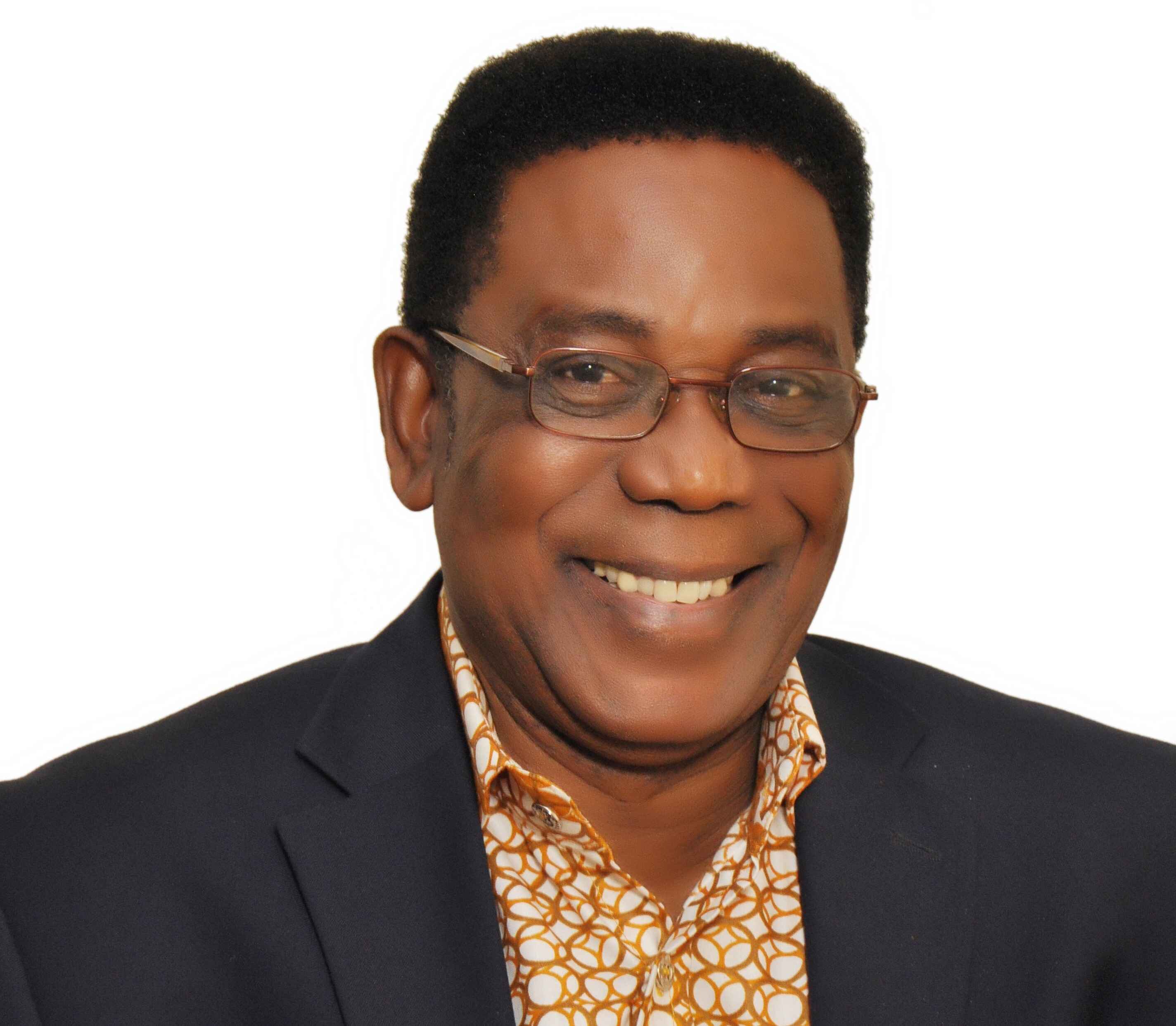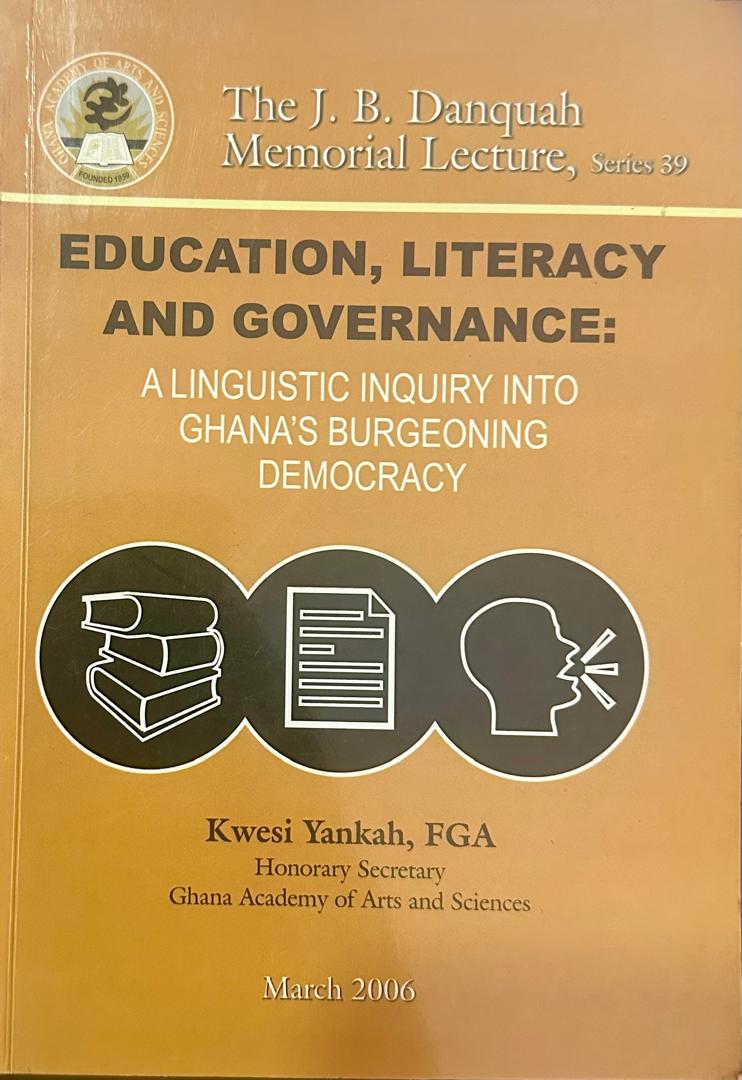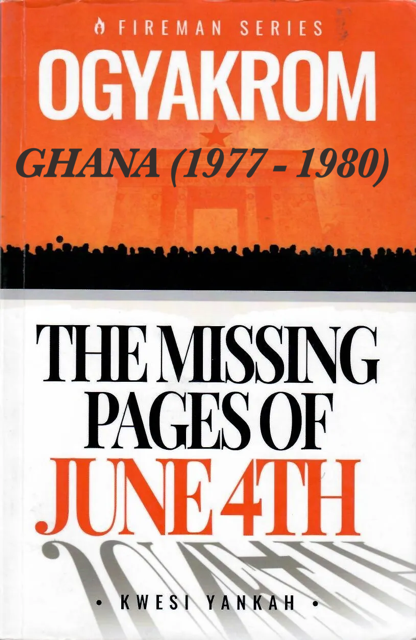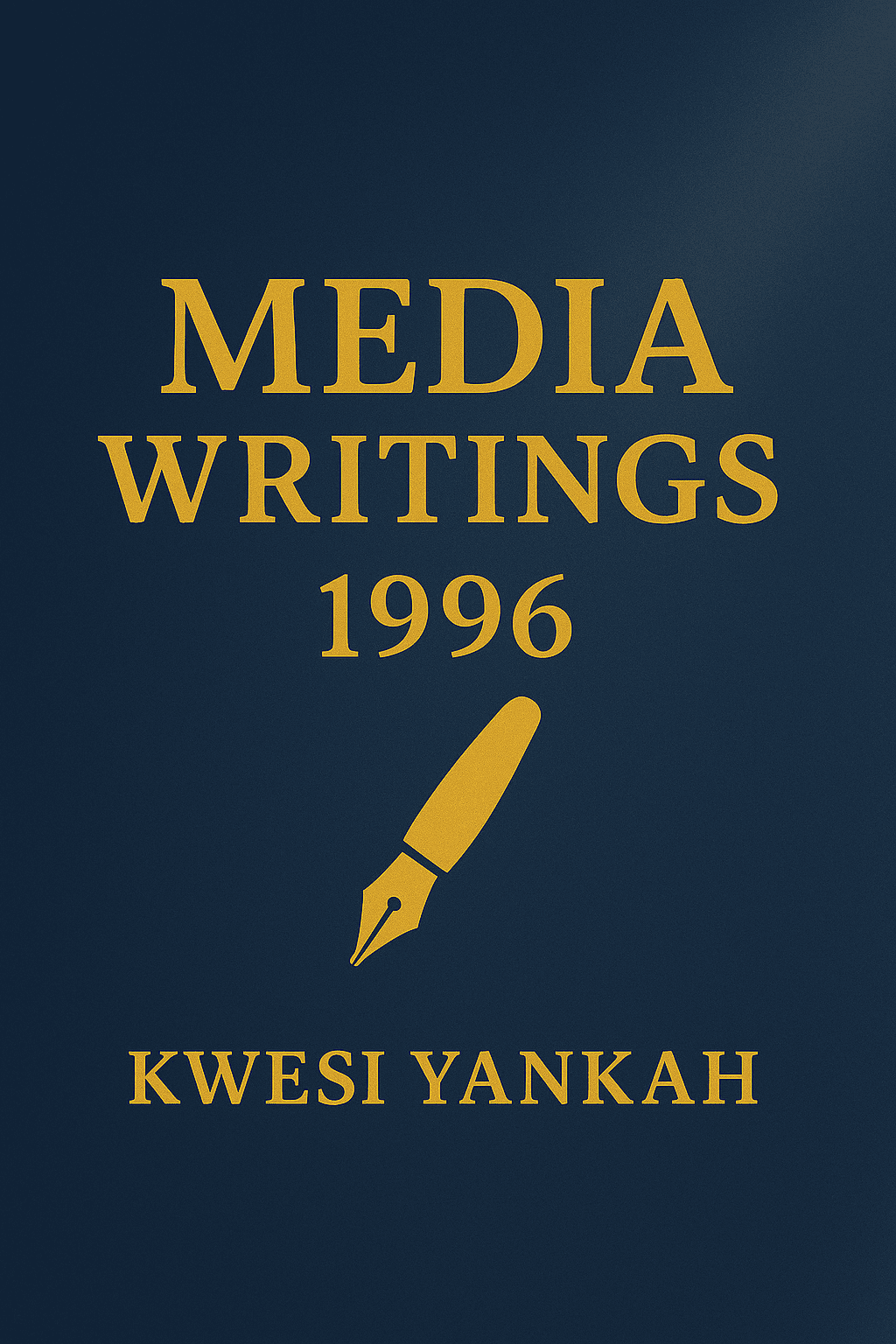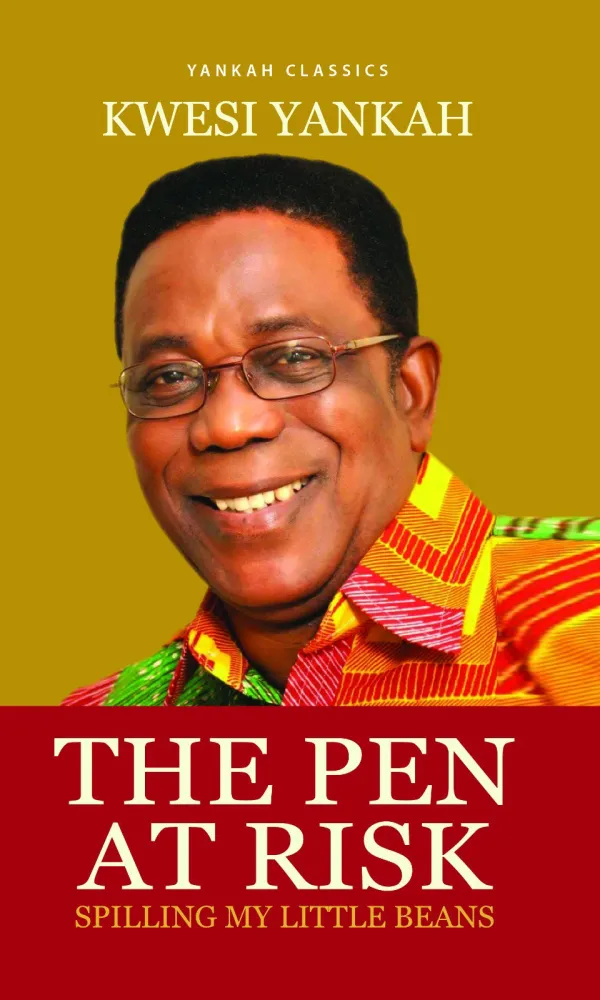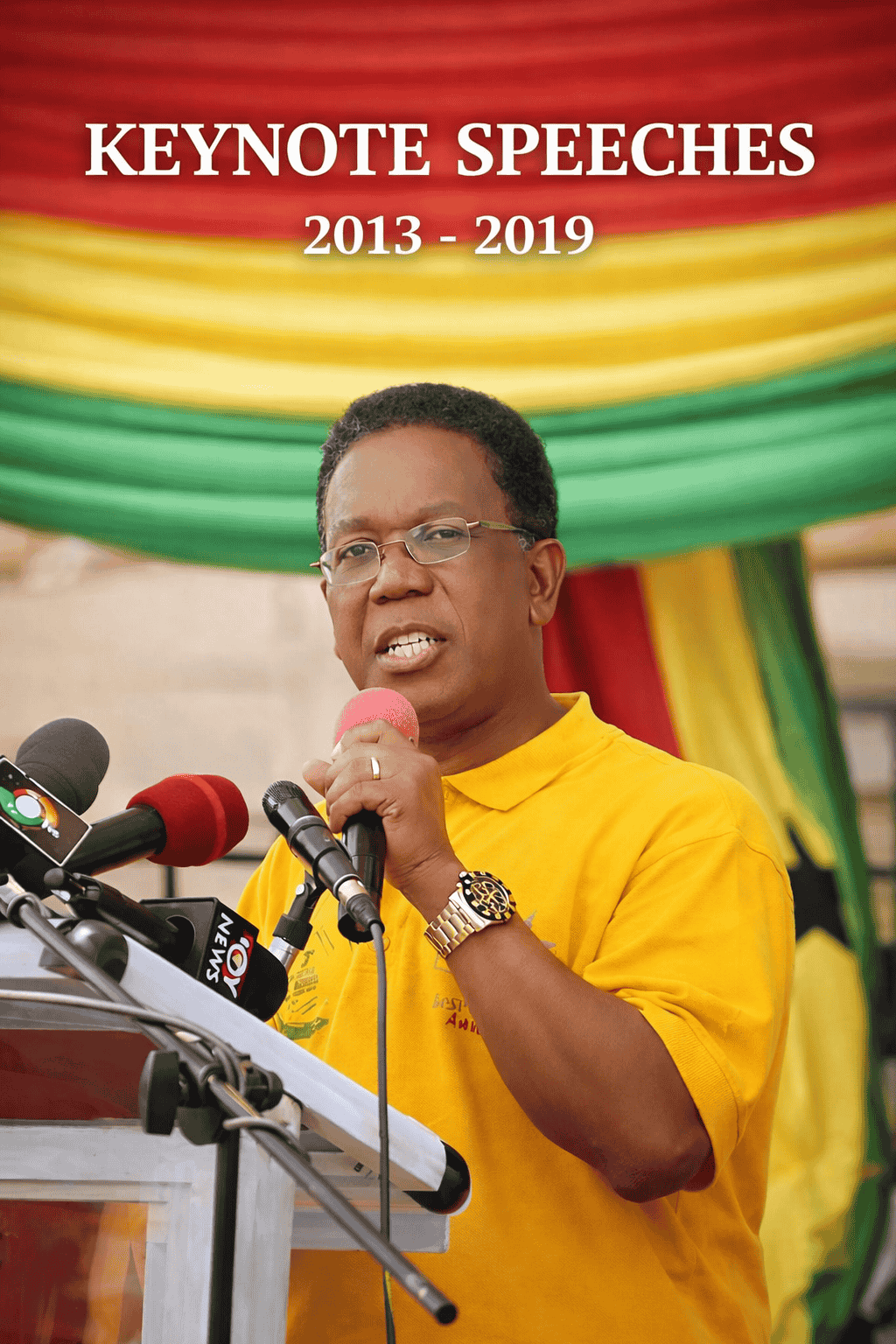Description
"Education, Literacy, and Governance" explores how formal education and traditional forms of literacy influence leadership and political participation in African societies. The text discusses the impact of colonial-era schooling, which often prioritized Western knowledge systems while sidelining indigenous education and oral traditions. This shift not only altered local power structures but also created a divide between the formally educated elite and the rest of society, affecting how governance was practiced and understood.
The piece highlights that true literacy goes beyond the ability to read and write in a colonial language. It includes understanding cultural symbols, oral narratives, and local customs that have historically guided communal decision-making. Effective governance, it argues, must draw from both formal education and indigenous knowledge systems to be truly representative and rooted in the lived realities of the people. The work challenges narrow definitions of literacy and urges a more inclusive approach to education that values cultural context and traditional wisdom.
